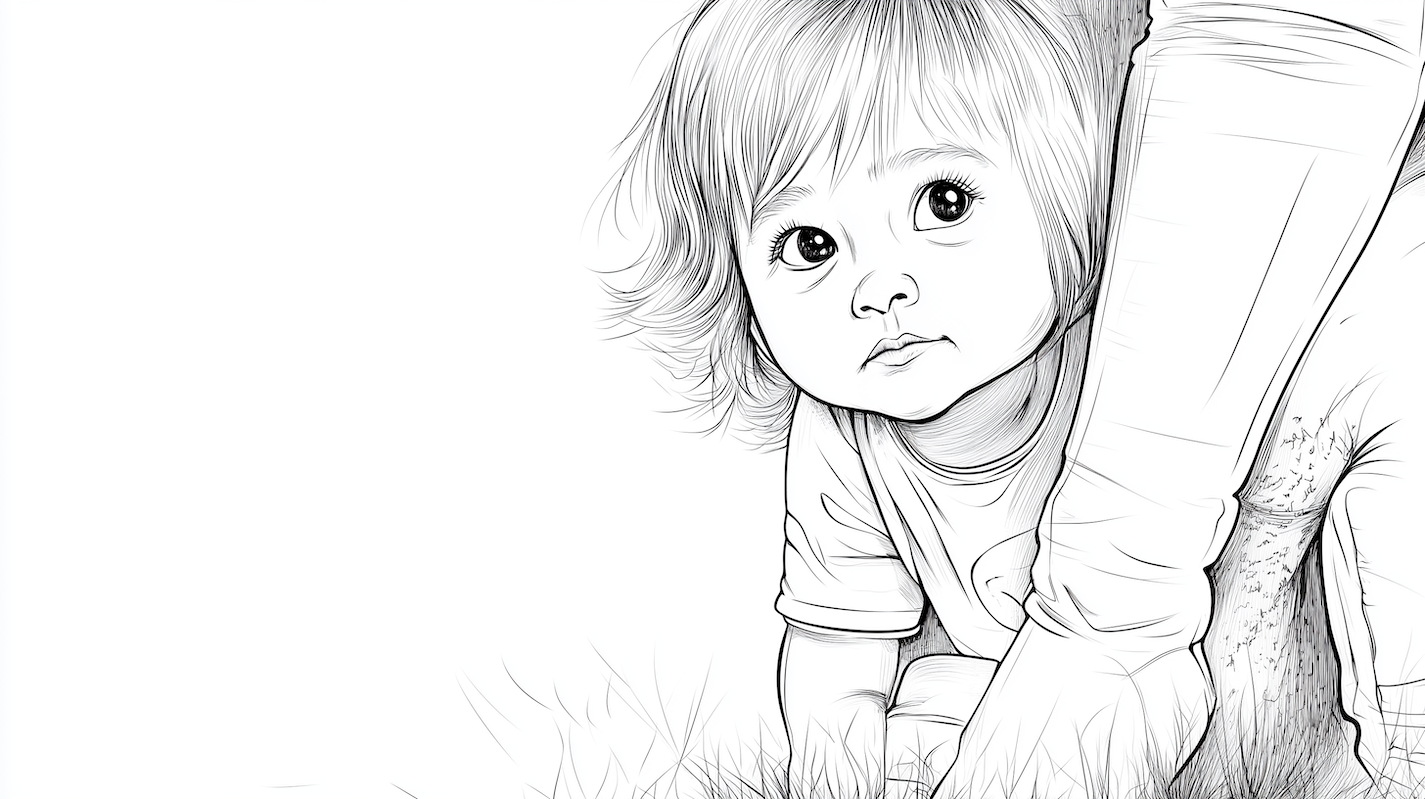Shyness

Shy Preschoolers Don't Need "Fixing!"
If someone calls your child shy, you might not take it as a compliment—but maybe you should. After years of working with shy children, I’ve learned that shyness isn’t a flaw, and it doesn’t need “fixing.” It’s simply a personality trait, one that comes with its own quiet strengths. Some of the kindest, most perceptive, and thoughtful children I’ve known are shy. In a world that often celebrates loud, fast, and outgoing behavior, shy individuals offer something different: calm, careful thinking, and emotional depth. In my experience, shy children tend to be:
- Attentive listeners: They take in everything before speaking.
- Deep thinkers: They don’t just react; they reflect.
- Reserved but warm: Once comfortable, they’re loyal friends, thoughtful about relationships and they favor quality over quantity.
There Is Always a Reason:
Some children naturally jump into social situations; others hang back. Shyness is not about fear—it’s about caution. And in some cases, that’s plain smart.
Parents can worry about shyness because they see it as a disadvantage in social settings. But a quiet, observant child isn’t missing out—they’re simply approaching the world in their own way.
Here's What I've Found Works:
If your child is shy, your goal shouldn’t be to push them into being outgoing, but to support them in feeling comfortable as they are.
- Avoid the “shy” label: Saying “Oh, she’s just shy” might seem harmless, but it can make a child feel like something is wrong with them. Instead, describe them as thoughtful, observant, or cautious.
- Let them warm up at their own pace: Some children need extra time to feel comfortable. Give them space to observe first and engage when they’re ready.
- Prepare them for social situations: Sudden transitions can be overwhelming. Giving them a heads-up—“We’ll be saying hello to a few friends at the park”—helps them prepare.
- Avoid public pressure: Calling them out for being shy only makes things worse. Let them engage in their own way, in their own time.
- Praise their strengths: Rather than focusing on what they don’t do (like talking first or jumping in immediately), highlight what makes them special—kindness, deep thought, careful listening.
- Practice role-playing: Use stuffed animals or dolls to act out social scenarios at home can help your child feel more prepared and less anxious in real-life situations.
- Encourage non-verbal communication: For children who struggle with verbal expression, teach them that it’s okay to communicate through drawing, writing, or even simple gestures. This can be a stepping stone.
- Create a “safe word” or signal: Establish a discreet way for your child to let you know when they’re feeling overwhelmed in social situations. This gives them a sense of control and allows you to provide support when needed.
Common Challenges:
- They struggle with introductions: Start small. Help them practice a simple wave or a quiet “Hello.”
- They hesitate in group play: Let them hang back and observe.
- They get drained in social settings: Respect that they may need breaks or alone time.
- They have difficulty making friends: Help them identify potential friends with similar interests. Arrange small playdates in familiar, comfortable settings to help build their confidence.
Look on the Bright Side
To appreciate the real value of a shy child requires a shift in perspective: They’re not withdrawing; they’re gathering information. They’re building a mental map of their environment before deciding how to navigate it—a perfectly rational approach in an overwhelming world.
A shy child’s observant nature is a gift, not a limitation. They prioritize looking and listening over speaking or acting. Their careful approach to social interaction provides them with a unique, but equally valuable, understanding of their surroundings—they’re collecting data while others are busy performing.
We do a child a disservice if we frame their quietness as a problem to overcome. It’s a characteristic to respect. When your shy child goes on to school, they’ll be the one who notices who was absent yesterday or quietly helps a classmate without seeking recognition. Their reticence won’t hold them back from learning, it will allow them to process their experiences more deeply.
The world needs both the bold explorers and the thoughtful observers, neither approach is better than the other. Shy children definitely do not need “fixing.”
●●●
